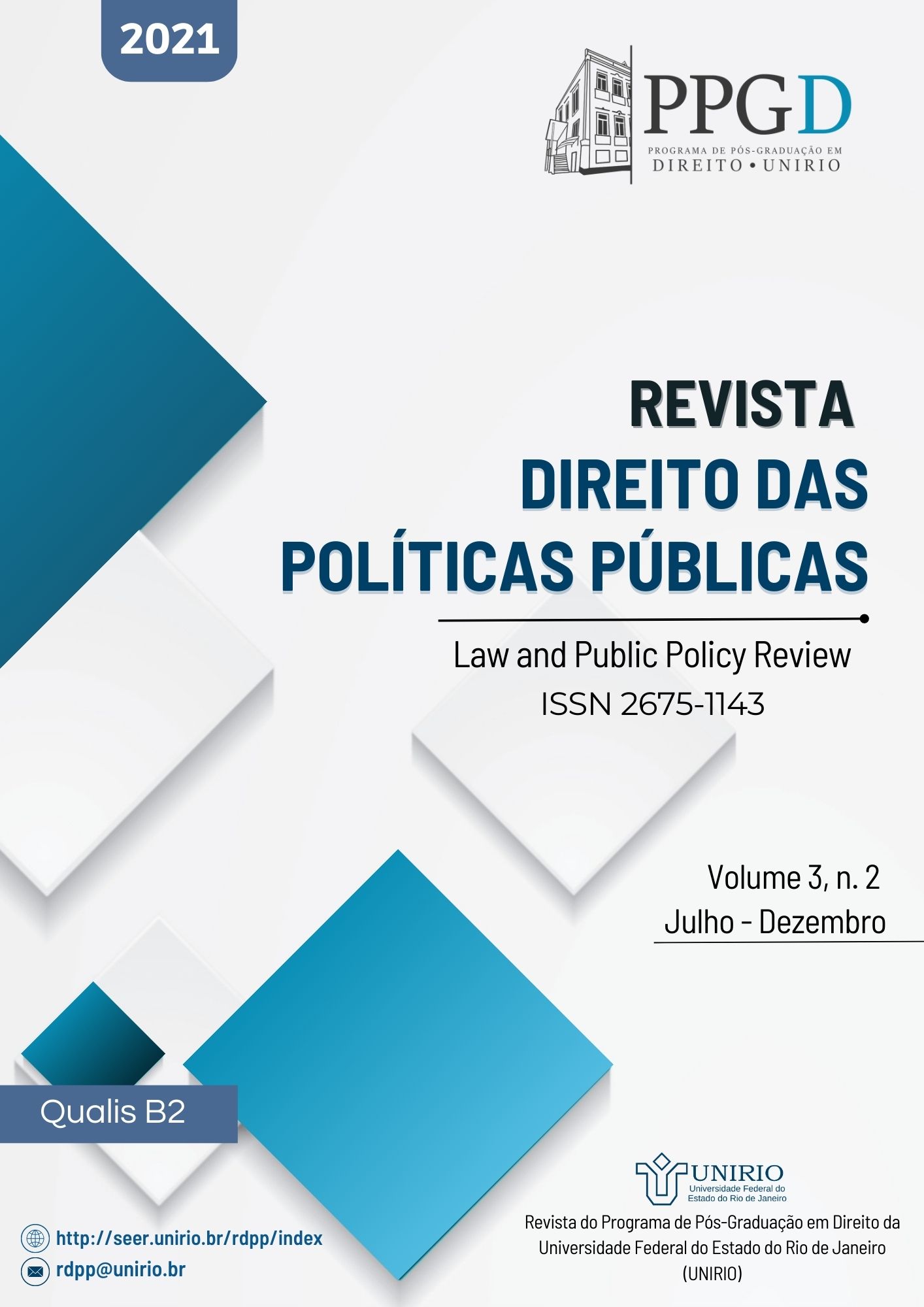Language and culture in real-time Brazil and the United States
Icone Project
Palavras-chave:
Foreign language learning, critical pedagogy, inter and intracultural learning, ecological approach, motivationResumo
Learning a foreign language is much more than learning words and structure. Cultural awareness that grows from intra and inter cultural processes is mandatory if one wishes to be proficient. Making use of affordances is part of this process. Aiming at involving students in real life communication practices as well as in awareness about others and proper culture, three professors from two different parts of the world started ICONE Project a few years ago. This text briefly explains the history of the project, anchoring it on present day theoretical views such as inter and intracultural learning, ecological approach, and a dynamic understanding of motivation. Results show that the goals of the project were thoroughly met with American and Brazilian students learning from their peers in many different ways. In a brief evaluation conducted by both professors, students pointed out that they not only learned a great deal about the other students’ culture, but also came to appreciate their own culture. They also mentioned that being able to choose the topics of the conversations motivated them to keep on talking, even after ICONE sessions were over.
Downloads
Referências
BENSON, Phil; HAYO Reinders. Introduction. Beyond the Language Classroom. Palgrave McMillan, p.1-6, 2011.
BYRAM, Michael. From Foreign Language Education to Education for Intercultural Citizenship. Multilingual Matters, 2008.
CHOMSKY, Noam. On Language and Culture. Noam Chomsky interviewed by Wiktor Osiatynski. Contrasts: Soviet and American Thinkers Discuss the Future. New York: MacMillan, p. 95-100, 1984. http://www.chomsky.info/interviews/1984----.htm.
FITZGERALD, Helen. How Different Are We? Spoken Discourse in Intercultural Communication. Multilingual Matters, 2002.
GUILHERME, Manuela. Critical Citizens for an Intercultural World. Multilingual Matters, 2002.
MLA Ad HocCommittee on Foreign Languages, Foreign Languages and Higher Education: New Structures for a Changed World. May 2007. https://www.mla.org/Resources/Research/Surveys-Reports-and-Other-Documents/Teaching-Enrollments-and-Programs/Foreign-Languages-and-Higher-Education-New-Structures-for-a-Changed-World
PHIPPS, Alison; GUILHERME, Manuela. Critical Pedagogy: Political Approaches to Languages and Intercultural Communication. Multilingual Matters, 2004.
PRENSKI, Marc. “Digital Natives, Digital Immigrants”. On the Horizon. v. 9, n. 5, 2001. https://www.marcprensky.com/writing/Prensky%20-%20Digital%20Natives,%20Digital%20Immigrants%20-%20Part1.pdf.
SÁ, Lucia. Rain Forest Literatures: Amazonian Texts and Latin American Culture. University of Minnesota Press, 2004.
TRIANDIS, Harry C. “Individualism-Collectivism and Personality”. Journal of Personality. v. 69, n. 6, pp. 907–924, 2001. https://onlinelibrary.wiley.com/toc/14676494/2001/69/6.
TRIANDIS, Harry C., and Harry Hui. “Individualism-Collectivism A Study of Cross-Cultural Researchers”. Journal of Cross-Cultural Psychology. v. 17, p.225-248, 1986.
USHIODA, Ema. “Motivating learners to speak as themselves.” Identity, Motivation and Autonomy in Language Learning, edited by Murray Garold et al., Multilingual Matters, p. 11-24, 2011.
VAN LIER, Leo. “A sociocultural perspective.” The Ecology and Semiotics of Language Learning. Kluwer, 2004.
Downloads
Publicado
Como Citar
Edição
Seção
Licença
Licença Creative Commons do tipo "atribuição - uso não-comercial", BY-NC. Com permissão para copiar, distribuir, exibir, executar, bem como criar obras derivadas, vedada a finalidade comercial, sob a condição de dar crédito ao autor original, da forma especificada pelo autor ou licenciante.





